Officials Seek Public Comment On Beach Renourishment Project, California
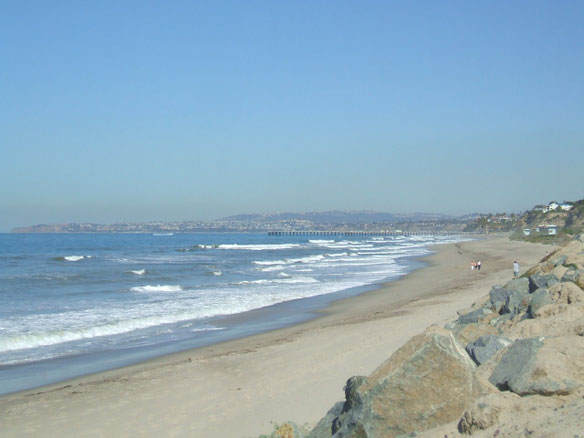
Residents have two weeks left to comment on the Army Corps of Engineers beach replenishment project. In 2011 dollars, the project will cost $84.9 million over the 50-year lifespan.
Nitrate Levels Rising in Northwestern Pacific Ocean

Changes in the ratio of nitrate to phosphorus in the oceans off the coasts of Korea and Japan caused by atmospheric and riverine pollutants may influence the makeup of marine plants and influence marine ecology, according to researchers from Korea and the U. S.
Scottish Nuclear Fuel Leak Will Never Be Completely Cleaned Up
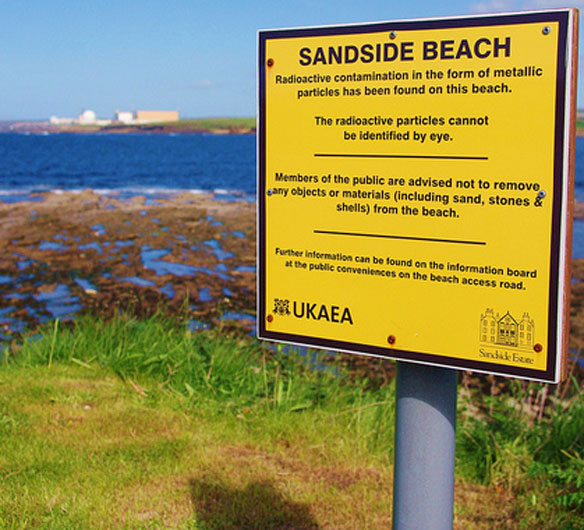
Radioactive contamination that leaked for more than two decades from the Dounreay nuclear plant on the north coast of Scotland, polluting local beaches, the coastline and the seabed, will never be completely cleaned up, a Scottish government agency has admitted.
Asia-Pacific Region Faces Climate Change Induced Migration

The Asian Development Bank (ADB) reported that countries in the Asia-Pacific region will need to develop policies to deal with massive population shifts as a result of climate change impacts such as sea-level rise and variable monsoons. The region is highly exposed to environmental risks, having by far the highest population density of any continent living in low-elevation coastal zones, while it is also home to the largest number of people living in poverty.
26th Annual International Coastal Cleanup: Local Action, Global Change !
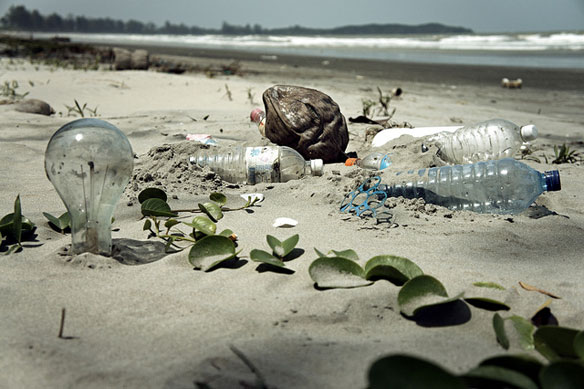
In partnership with organizations and individuals across the globe, Ocean Conservancy’s International Coastal Cleanup engages people to remove trash and debris from the world’s beaches and waterways, identify the sources of debris, and change the behaviors that cause ocean trash in the first place. The 26th Annual International Coastal Cleanup Day is on September 17th, 2011.
Globe Had Eighth Warmest August On Record

The globe had its eighth warmest August since record keeping began in 1880, according to a NOAA study.
New York: Long Island South Shore Toxic Algal Bloom

NOAA awarded a grant to State University of New York scientists to document the first known incidence of a bloom of harmful algae off Long Island’s south shore, and test a method that could control it.The algae, Cochlodinium polykrikiodes, has been linked to the mass deaths of wild and farmed fish worldwide, with catastrophic effects on aquaculture and local economies. Experience with this type of algae elsewhere suggests that, once established, blooms are likely to re-occur.
Beating land pressures
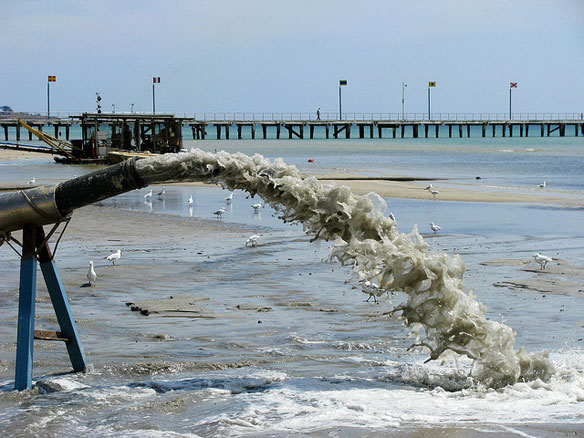
High land prices, particularly in coastal areas, make reclamation a relatively ‘cheap’ option for many port expansion projects.
Exploratory Drilling For Gas To Begin Soon Off Cyprus Southern Coast
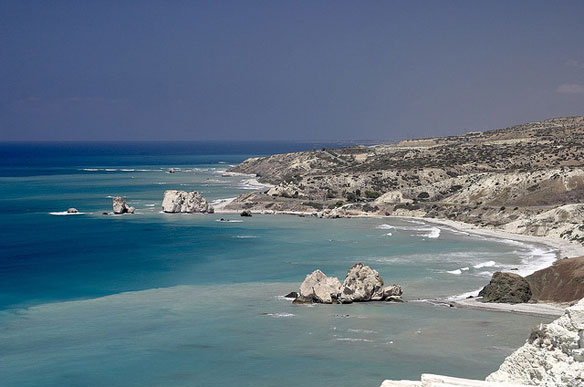
U.S. firm Noble Energy will soon begin exploratory drilling to confirm oil and gas deposits beneath the sea bed off Cyprus’ southern coast despite Turkey’s attempts to prevent such a move.
